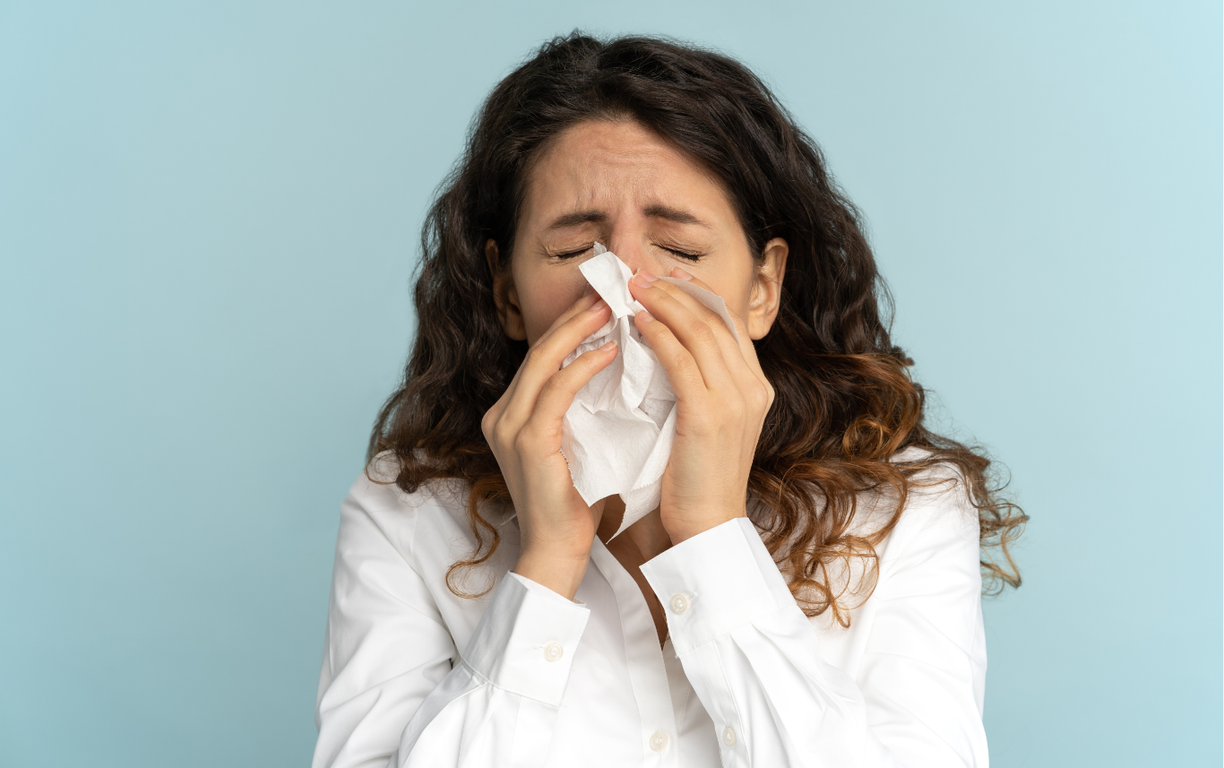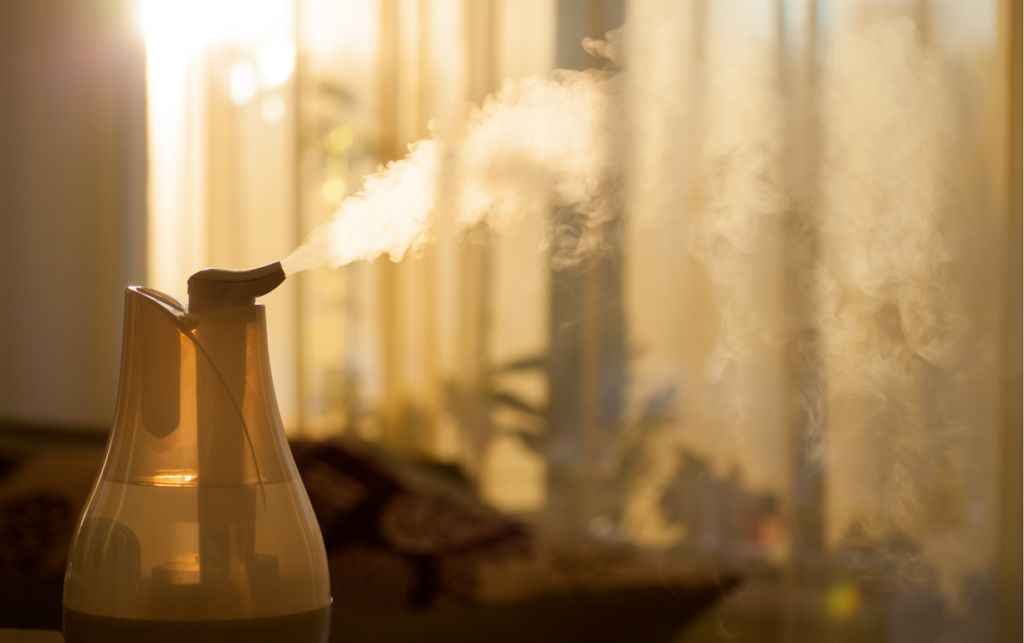Physical Address
304 North Cardinal St.
Dorchester Center, MA 02124
Physical Address
304 North Cardinal St.
Dorchester Center, MA 02124

When the air gets dry, many of us start searching for solutions to ease discomfort. Humidifiers have become popular for their ability to add moisture to the air, but do doctors actually recommend them? I’ve often wondered about their effectiveness and whether they truly make a difference in our health.
In this article, I’ll explore what medical professionals say about humidifiers. From alleviating
When the air gets dry, many of us start searching for solutions to ease discomfort. Humidifiers have become popular for their ability to add moisture to the air, but do doctors actually recommend them? I’ve often wondered about their effectiveness and whether they truly make a difference in our health.
In this article, I’ll explore what medical professionals say about humidifiers. From alleviating respiratory issues to improving skin health, there’s a lot to consider. Understanding the benefits and potential drawbacks can help us make informed choices about using these devices in our homes. Let’s dive into the insights from healthcare experts and see if a humidifier could be the right addition to your wellness routine.

Humidifiers add moisture to the air, improving comfort during dry conditions. They come in various types, including cool mist, warm mist, and ultrasonic models. Each type has unique features and uses.
Incorporating a humidifier into daily routines can enhance overall comfort, particularly in dry environments. Always consult healthcare professionals for tailored advice on specific health needs related to humidity levels.

Humidifiers provide various advantages that enhance comfort and health, especially during dry conditions. Here are key benefits that make them valuable additions to living spaces.
Improved air quality results from maintaining optimal humidity levels, typically between 30% and 50%. Humidifiers prevent dry air, which can irritate the respiratory tract and lead to allergies or asthma symptoms. They can also help reduce airborne dust, viruses, and bacteria, creating a healthier environment. By adding moisture to the air, I experience fewer respiratory irritations and improved overall air quality, particularly in winter months.
Health benefits from using humidifiers include relief from several common ailments associated with dry air. Moist air helps soothe dry skin, chapped lips, and irritated sinuses. I notice fewer instances of nosebleeds, as humidified air keeps nasal passages moist. Additionally, humidifiers alleviate symptoms of colds and flu, promoting easier breathing and better sleep. People with asthma or allergies may experience fewer attacks as well. Overall, humidifiers contribute positively to my health when used correctly.
Medical experts often recognize the positive impact of humidifiers on health and well-being, particularly during dry months or in arid environments.
Doctors consistently recommend humidifiers for patients experiencing respiratory issues, dry skin, or allergy symptoms. Experts suggest that maintaining indoor humidity levels between 30% and 50% can alleviate discomfort associated with dry air. Healthcare professionals advocate using cool mist humidifiers to avoid the risk of burns and to enhance air quality without introducing excessive heat. Additionally, many doctors advise individuals with asthma or other respiratory conditions to consider humidification for improved breathing comfort.
Humidifiers can support recovery from various health conditions, such as:
By addressing these specific health conditions, humidifiers serve as a useful tool in promoting overall wellness, particularly in environments prone to dryness.
Humidifiers come in various types, each designed to suit specific needs. Understanding these differences helps in selecting the right humidifier for individual preferences and health requirements.
Evaporative humidifiers use a fan to blow air through a wet wick or filter. This process naturally evaporates water, adding moisture to the air without the risk of overheating. I find evaporative humidifiers self-regulating; as humidity increases, the evaporation rate decreases. They work best in medium to large spaces due to their efficient moisture distribution. Maintenance involves regularly changing the wick or filter to prevent bacterial growth.
Ultrasonic humidifiers utilize high-frequency vibrations to create a fine mist of water vapor. They’re quieter than other types, making them ideal for bedrooms or nurseries. I appreciate their energy efficiency and the absence of filters, which reduces maintenance. However, it’s essential to use distilled water to prevent mineral buildup. Ultrasonic humidifiers can produce both cool and warm mist, providing versatile options for various preferences.
Humidifiers can be a valuable addition to your home especially if you struggle with dry air. I’ve found that they not only improve comfort but also support overall health. With the right type of humidifier and proper maintenance you can enjoy the benefits while minimizing potential drawbacks.
Always remember to consult with a healthcare professional to tailor your humidifier use to your specific needs. By doing so you can create a healthier living environment and enhance your well-being during those dry months or in arid climates.